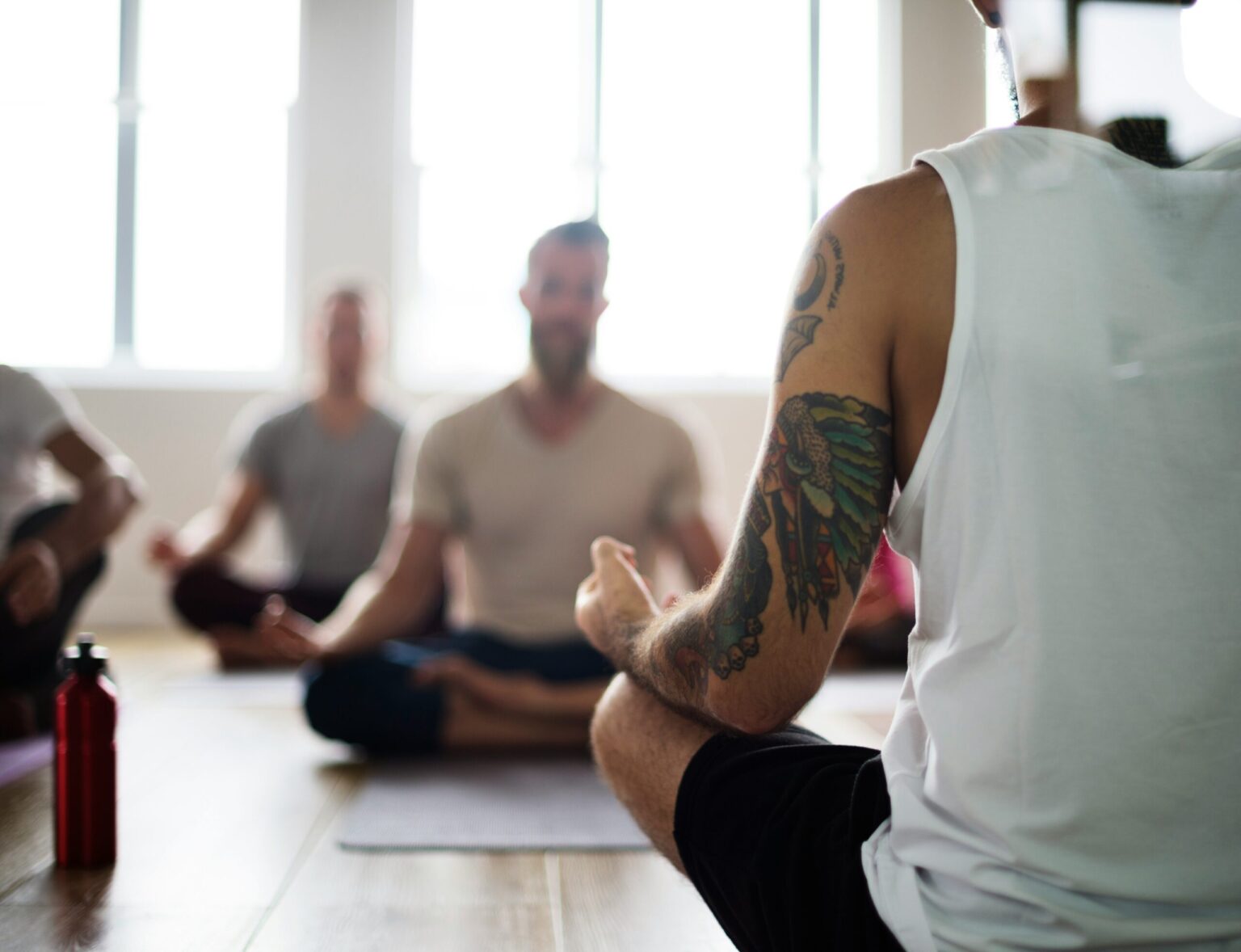March 1, 2025 – The concept of wellness is evolving rapidly in 2025, and with it, an increasing number of men are turning to mindfulness and wellness retreats to improve both their mental and physical well-being. What was once considered a niche practice, mostly associated with women, has now become a mainstream lifestyle choice for men looking to better understand themselves, reduce stress, and embrace a more balanced, purposeful way of living.
In a world where the pressure to perform—whether in work, relationships, or fitness—has never been higher, more men are recognizing the need to step back and focus on their mental health. Wellness retreats, which combine mindfulness practices with elements of physical fitness and nature immersion, have grown exponentially in popularity over the past few years. These retreats offer men the opportunity to unplug from the demands of everyday life, reconnect with themselves, and develop lasting tools for coping with stress, anxiety, and burnout.
“Men are finally waking up to the fact that their mental health is just as important as their physical health,” said Ryan Jordan, a wellness coach and retreat leader. “What we’re seeing is a shift toward a more holistic approach to wellness. It’s no longer just about hitting the gym or having a six-pack; it’s about nurturing your mind, body, and spirit. Mindfulness retreats are allowing men to take a step back and create the space they need to truly take care of themselves.”
A typical wellness retreat for men in 2025 offers a wide range of activities designed to foster both mental clarity and physical strength. Morning meditation sessions, yoga, and breathwork are coupled with hiking, weight training, and even outdoor adventure activities like rock climbing or kayaking. These experiences are designed not only to strengthen the body but also to clear the mind, promoting mindfulness and emotional resilience. Some retreats even incorporate mental health workshops focused on topics such as overcoming stress, emotional regulation, and finding life purpose.
The retreat culture also promotes self-reflection, often including one-on-one coaching sessions and group discussions. For men who may feel disconnected or overwhelmed by modern life’s fast pace, these retreats offer a space to slow down, reassess priorities, and set new intentions for personal growth.
According to industry experts, this trend is part of a larger cultural shift where traditional ideas of masculinity are being redefined to include emotional vulnerability and well-being. Historically, men have been less likely to seek help for mental health concerns, but now, retreats that offer a safe, supportive environment are making it easier for men to take the first steps toward mental and emotional healing.
One of the driving forces behind the rise of these retreats is the increasing prevalence of stress-related issues among men, especially in high-pressure environments like corporate jobs, entrepreneurship, and professional sports. Burnout, anxiety, and depression are no longer topics to avoid in conversations about men’s health, and many retreats specifically address how to manage work-life balance, cope with the demands of modern masculinity, and build a more sustainable mental health routine.
“These retreats are becoming more essential because they cater to the real struggles men face in today’s world,” explained Dr. Henry Wallace, a clinical psychologist specializing in male mental health. “The pressure to constantly perform, achieve, and suppress emotions is taking its toll. Wellness retreats provide men with a space to connect with themselves on a deeper level, outside the distractions of daily life.”
The appeal of wellness retreats has also been amplified by a wave of influential figures in the fitness and lifestyle industries, who are openly discussing their own mental health journeys. Celebrities and athletes who have promoted mindfulness and meditation as part of their daily routines are helping to normalize these practices for men. With the stigma around seeking mental health support slowly fading, more men are joining the movement to prioritize their well-being.
In response to this growing demand, wellness retreat companies are expanding their offerings, creating customized packages to cater to different needs. For example, some retreats now offer virtual options, allowing men to engage in mindfulness practices from the comfort of their homes, while others offer exclusive retreats focused on specific goals, such as improving sleep, enhancing relationships, or achieving career balance.
Looking ahead, industry insiders predict that mindfulness and wellness retreats will only continue to grow in popularity. As 2025 unfolds, it is clear that the demand for self-care among men is far from a passing trend—it is part of a cultural shift towards greater emotional awareness and personal responsibility.
For men seeking to regain control of their health, find balance in their lives, or simply step away from the hustle and bustle, wellness retreats are providing the perfect opportunity. The focus on mental health, combined with physical fitness and personal reflection, is giving men the tools they need to live more fulfilling, well-rounded lives, and the trend is showing no signs of slowing down.
